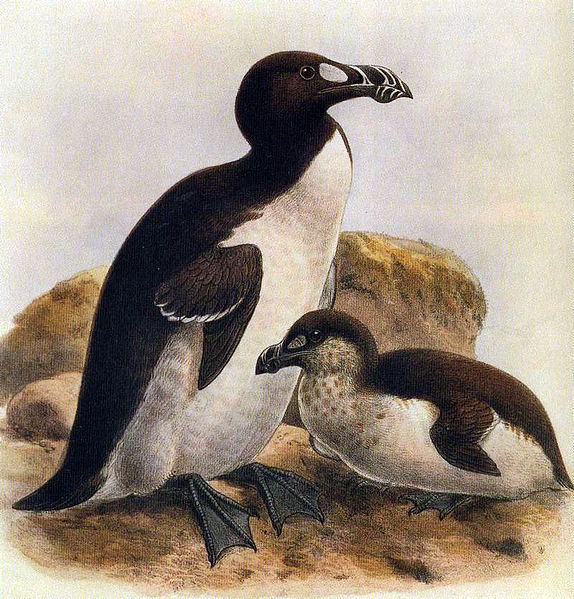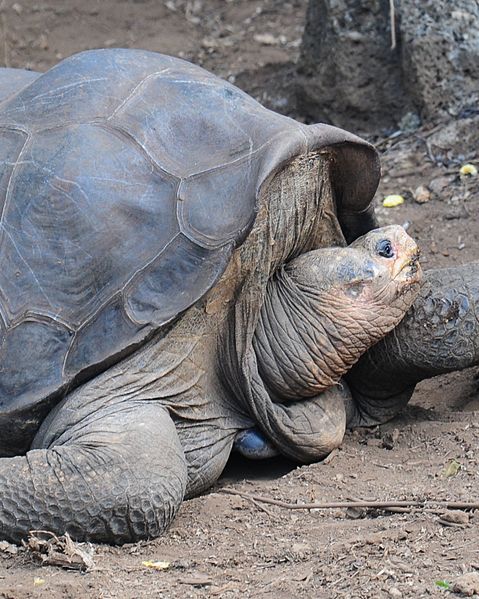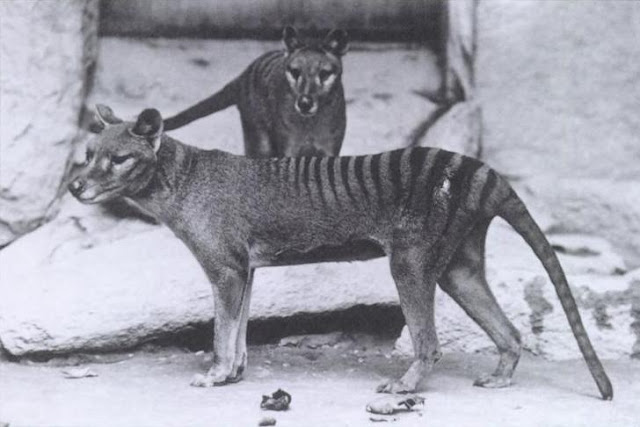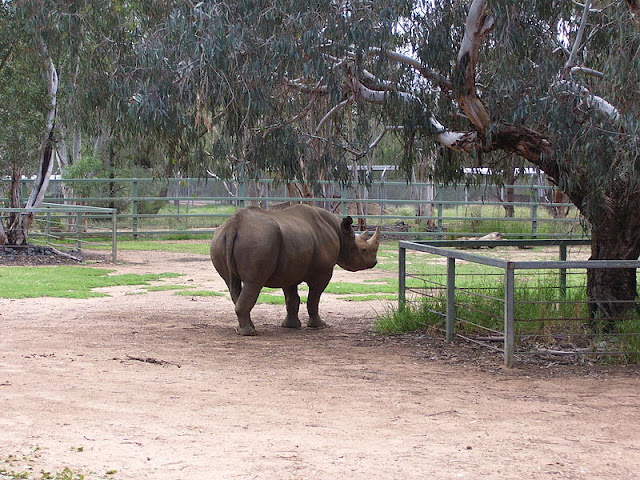Top 7 beautiful animals that have now extinct
Everything in nature is pretty on its own. If we look at animals or just the scenery itself. But due to our (humans) selfishness, it's getting destroyed really quickly. There were many animals in this world which were once considered common, but are now extinct.
In this post, I have listed some of these animals, which were considered common, just some years back, but are now nowhere to be seen.
7. Pyrenean ibex
[source]
6. Great Auk
[source]
Great Auk was a modern species of the penguin genus. This flyless bird belongs to the alcid family. They can grow up to 33 inches and were a really powerful swimmer, just like penguins. Auks used to live in the North Atlantic Ocean and were very common there.
However, their population started to decline, due to excessive hunting and ultimately became extinct in the 19th century.
5. Quagga
[source]
This half Zebra and half horse creature used to live in South Africa. It was always believed that it is a different species, but later researchers found that it is a subspecies of Zebra.
These grass eating creature once used to be very abundant in South Africa until the 19th century, people started to see them as a danger to their agricultural animals and started killing them ruthlessly until their extinction.
4. Pinta Island Tortoise
[source]
Pinta island tortoise is also called Pinta giant tortoise, Abingdon island tortoise or Abington island giant tortoise. They are a subspecies of Galápagos tortoise. Due to excessive hunting and loss of habitat, their population declined massively in 1958. Plans were made to protect this species from extinction, but it didn't succeed. By the end of 1971, only one Pinta giant tortoise remained alive, they named it "The Lonesome George". Several attempts were made to mate Lonesome George with other tortoises, but it too became a failure. The eggs didn't hatch. Finally, Geroge died on June 24, 2016, and this species got declared extinct.
3. Steller's Sea Cow
[source]
Steller's sea cow was a large herbivore marine mammal. It used to live in the North Pacific Ocean. They belong to the Sirenia order but were the largest among them. They can grow more than 8 meters in length. They were once found in large numbers in the Pacific Ocean, but by mid 18th century, their population declined heavily, due to their ruthless hunting for their meat and skin and by the end of the 18th century, they became extinct.
2. Tasmanian Tiger
[source]
Also known as the Tasmanian wolf was the largest carnivorous marsupial of the modern time. It was the last remaining member of the Thylacinidae family. It got its name from the tiger-like stripes on its lower back. Evidence have shown that Tasmanian tigers were really good predators, just like tigers and wolves.
However, it got extinct in the early 20th century due to excessive hunting by people to protect their domestic animals from getting hunted by it. Another reason for their extinct is their loss of habitat due to agricultural practices. Once an apex predator, now extinct.
1. Western Black Rhinoceros
[source]
Western Black Rhinoceros or West African Rhinoceros are a sub-species of the black rhinoceros. Studies have shown that western black rhinoceros is genetically different from other rhino sub-species.
Western black rhinoceros were once abundant in Savana in sub-Saharan Africa, but the population declined and finally got the extinct badge when no trace of it was found in the 2006 survey.
We may never bring these animals back, but we can still save the animals which are in the wild now from getting extinct.
If you liked my article, then please G+1 it and help spread the word. :)













Leave a Comment